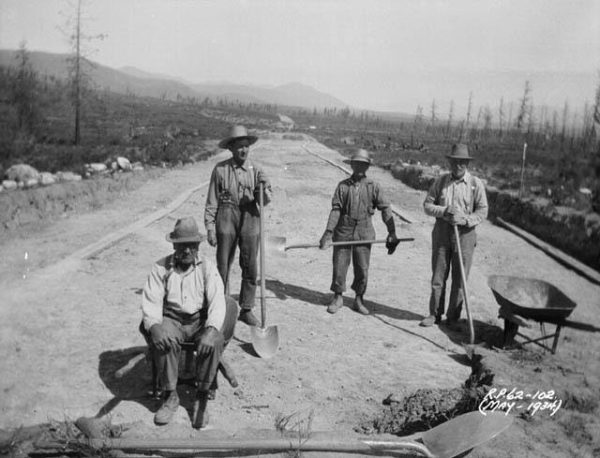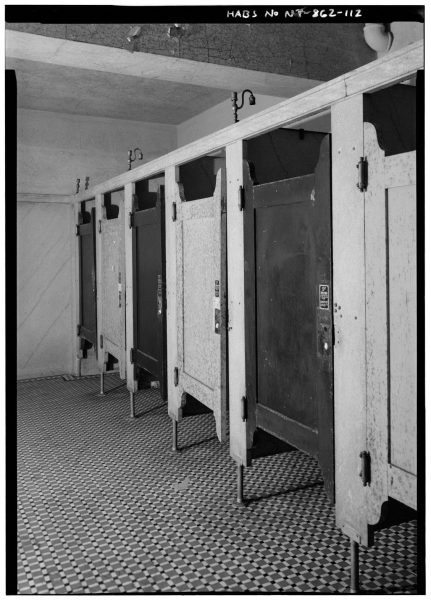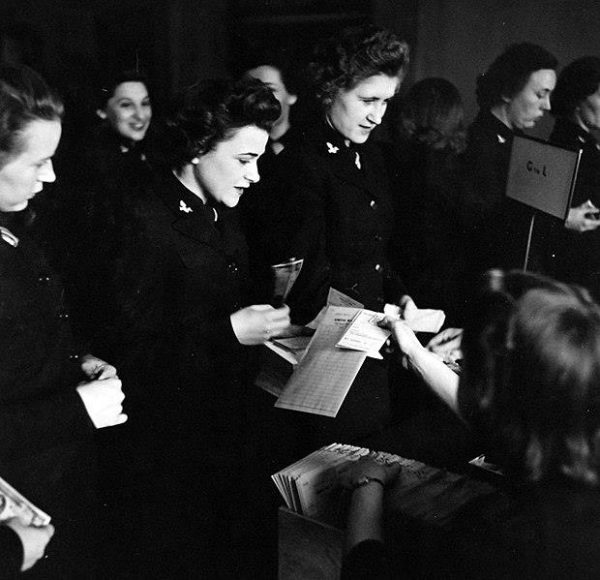Blog

PREFERENCE DOESN’T MATTER
Incorrect Classification Leads to Massive Liability
A prudent company must consider state and federal law before deciding to classify a worker as an independent contractor rather than an employee. Unfortunately, many businesses make such decisions for illegitimate reasons including avoidance of payroll record-keeping and employer-side taxes or the hiree does not want taxes withheld. These arbitrary preferences can lead to hiring an employee as an independent contractor, often without even entering into a written agreement as required under most pertinent laws.

KOFI
Thank you, readers, for the many encouraging responses to pieces on recent West African travel and our progress with the Applied Scholastics African Literacy Campaign (3/23 – 4/3/23). Letter from Liberia (March 24, 2023) and The Wrong Thing to Do: Nothing(March 25, 2023) More from those days? Sure, my pleasure. …

HANDBOOK HELPER EPISODE 24
PERSONNEL RECORDS POLICY
California employers must schedule either weekly, biweekly, or semimonthly (minimum two/month) payrolls. All wages must be paid within seven calendar days following the close of the payroll period. Temporary employees must usually be paid weekly (or daily for daily assignments).

HANDBOOK HELPER EPISODE 23
PAYDAYS AND DEDUCTIONS POLICY
California employers must schedule either weekly, biweekly, or semimonthly (minimum two/month) payrolls. All wages must be paid within seven calendar days following the close of the payroll period. Temporary employees must usually be paid weekly (or daily for daily assignments).

CAUTIONARY TALE EPISODE 66
BATHROOM DISCRIMINATION
The Equal Opportunity Employment Commission (EEOC), charged with enforcing federal protections against workplace disability discrimination, has sued WalMart in North Carolina for allegedly declining to provide reasonable accommodation and improperly terminating a Crohn’s disease-afflicted employee.

CAUTIONARY TALE EPISODE 65
WHO’S NEXT?
The Wage and Hour Division (WHD) of the federal Department of Labor has published a 2022 Southern California Garment Worker Survey after random investigations of 50 area contractors. The results were abysmal:

THE WRONG THING TO DO: NOTHING
It’s the pro bono work that brings the greatest compensation: The light in the eyes, hope rekindled, the dream of creating a future worth living. From last week’s Letter from Liberia, the journey leads to Saturday, March 25, 2023.

What’s New In 2023
REPORTING PAYROLL PROFILES
As previously reported, effective January 1, 2023, Senate Bill (SB) 1162 requires California employers of 100 or more employees and/or 100 or more workers hired through labor contractors (i.e., staffing or temp agencies) to report annual pay and hours-worked data by job category, sex, race, and ethnicity to the Civil Rights Department (CRD) by the second Wednesday of every May (moved from the prior annual reporting date of March).

LETTER FROM LIBERIA
The Journey Continues
I have on occasion offered glimpses of my volunteer work in West Africa. My Pro-Bono Life: Purpose is Prime: Why West Africa? Why Literacy? (February 20, 2023); Small Planet, Big Dreams; African Literacy Campaign in Liberia and Ghana (October 14, 2022). I have been back Liberia in for a week, with these thoughts over the first few days.

HANDBOOK HELPER EPISODE 22
Policy Should Establish Management’s Discretion on Pay Rates
Employers who reserve the right to set compensation rates and pay random, unexpected discretionary bonuses should include a clear handbook policy confirming these points.
